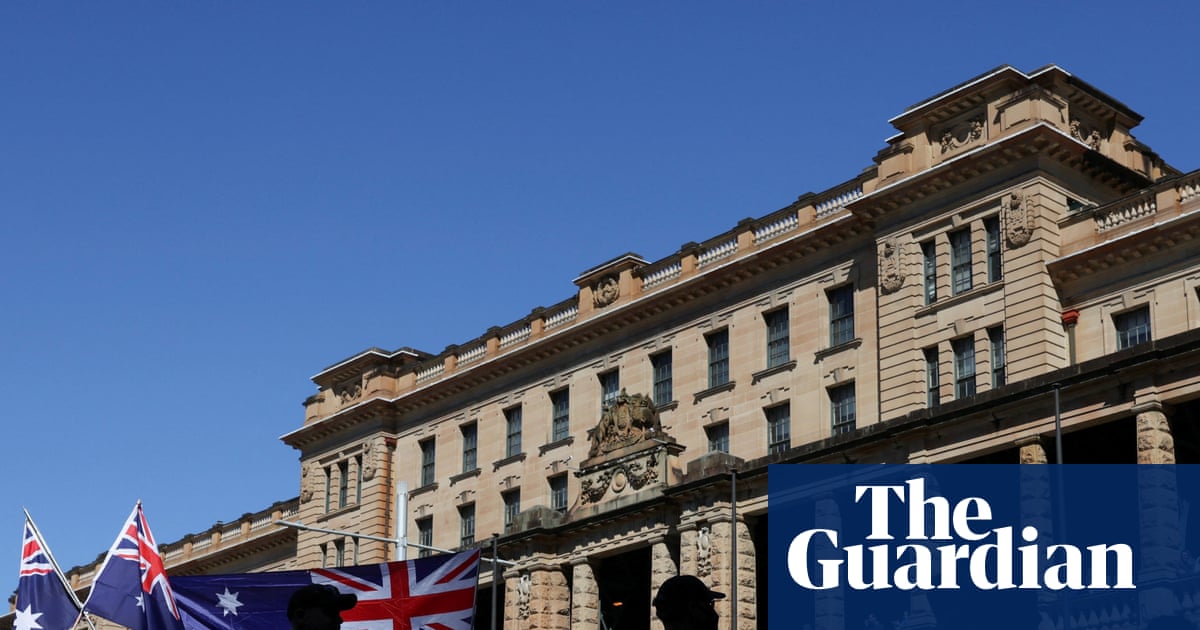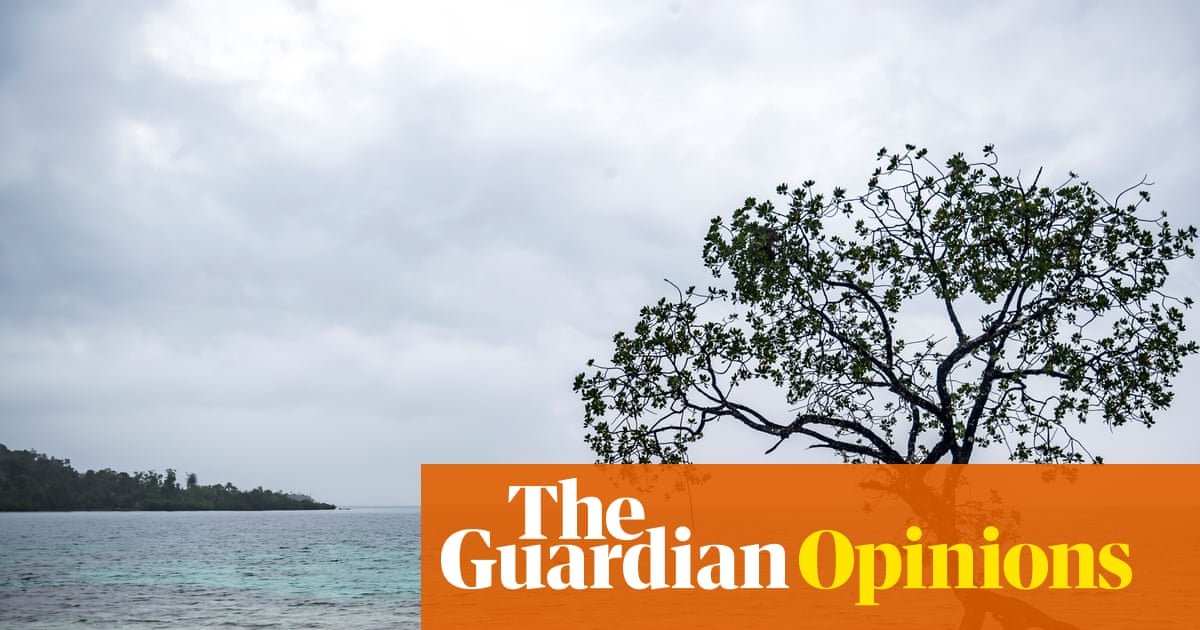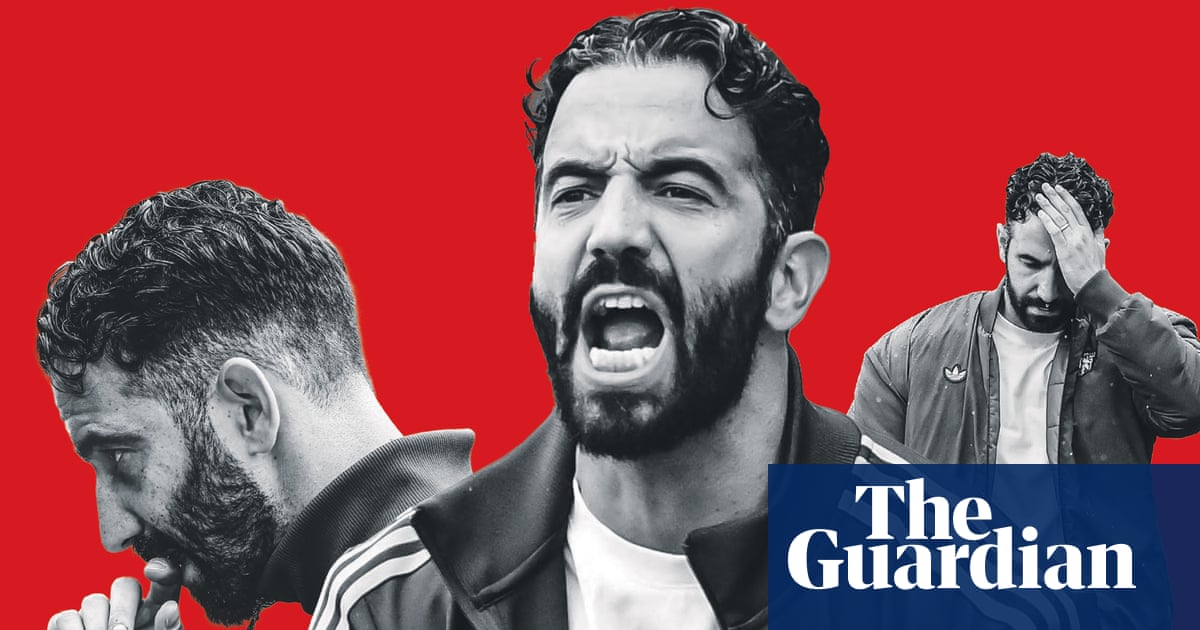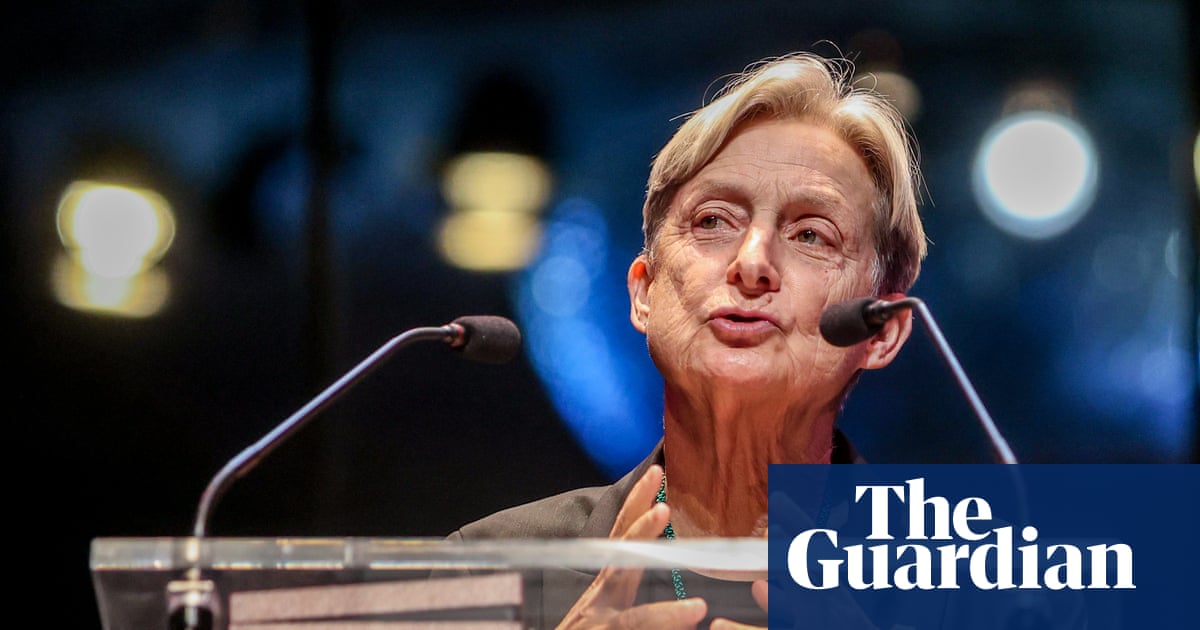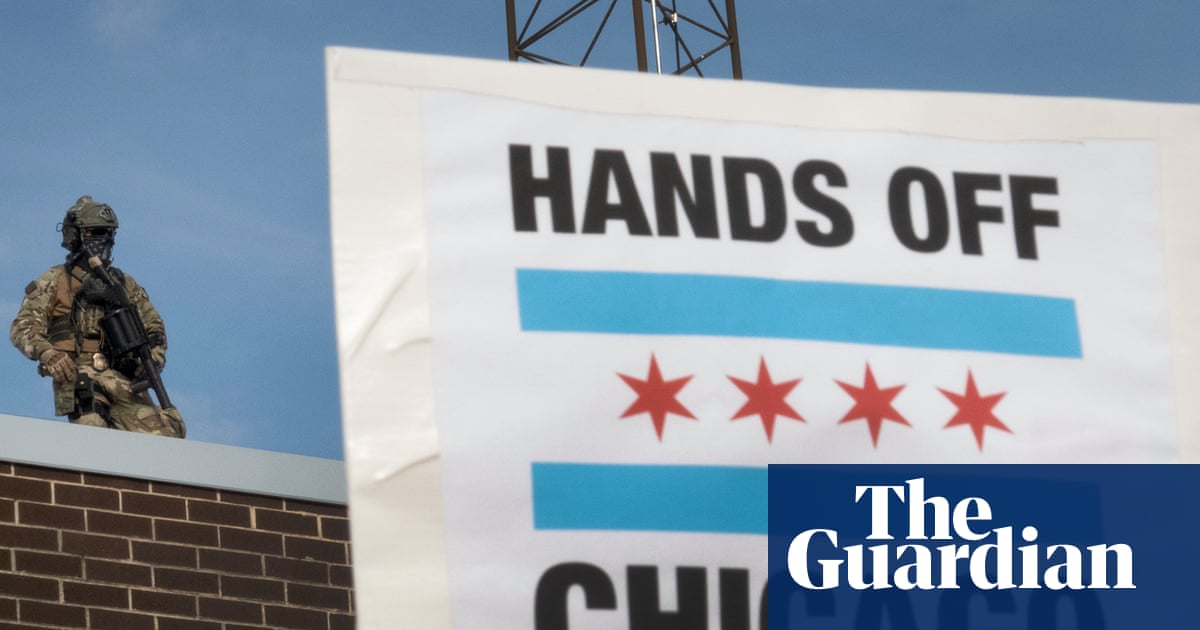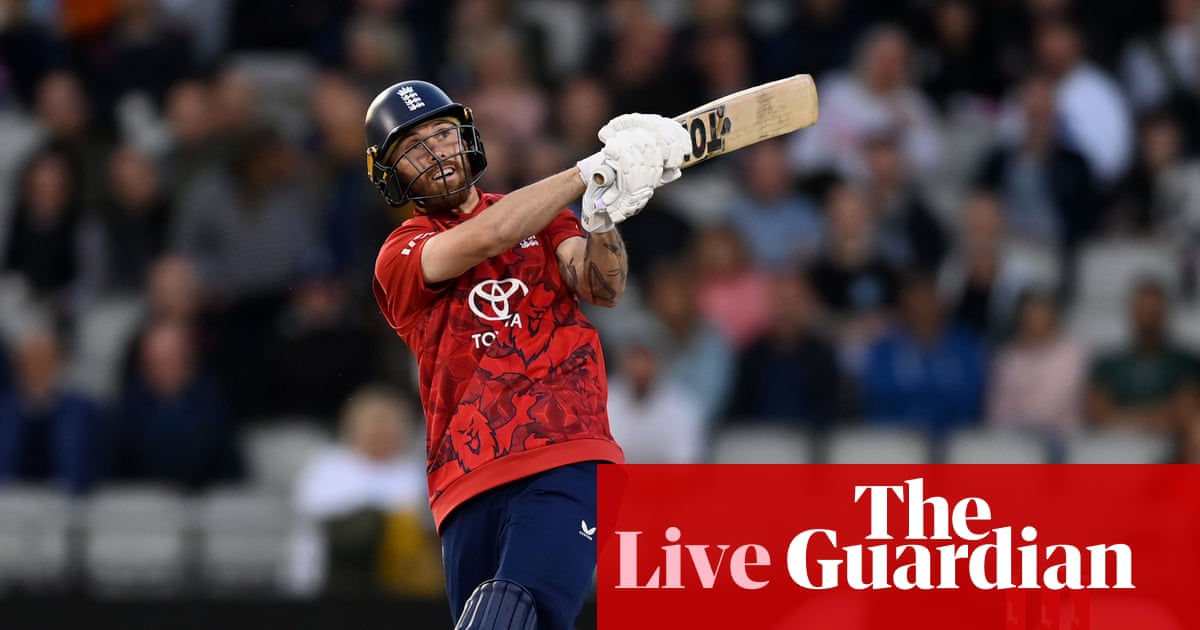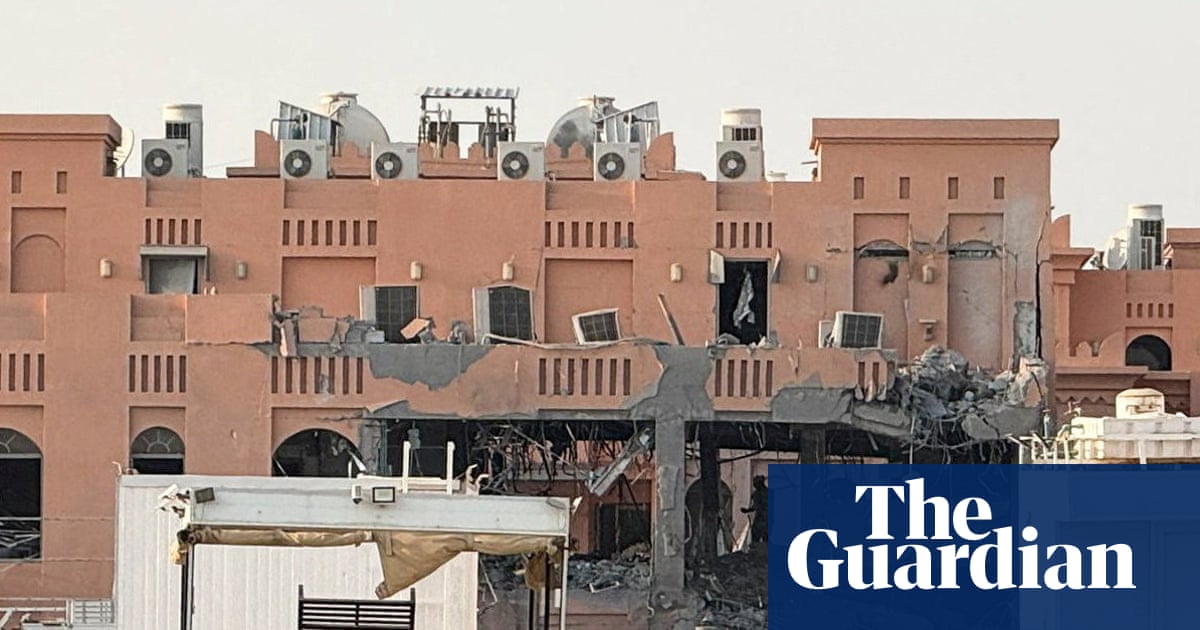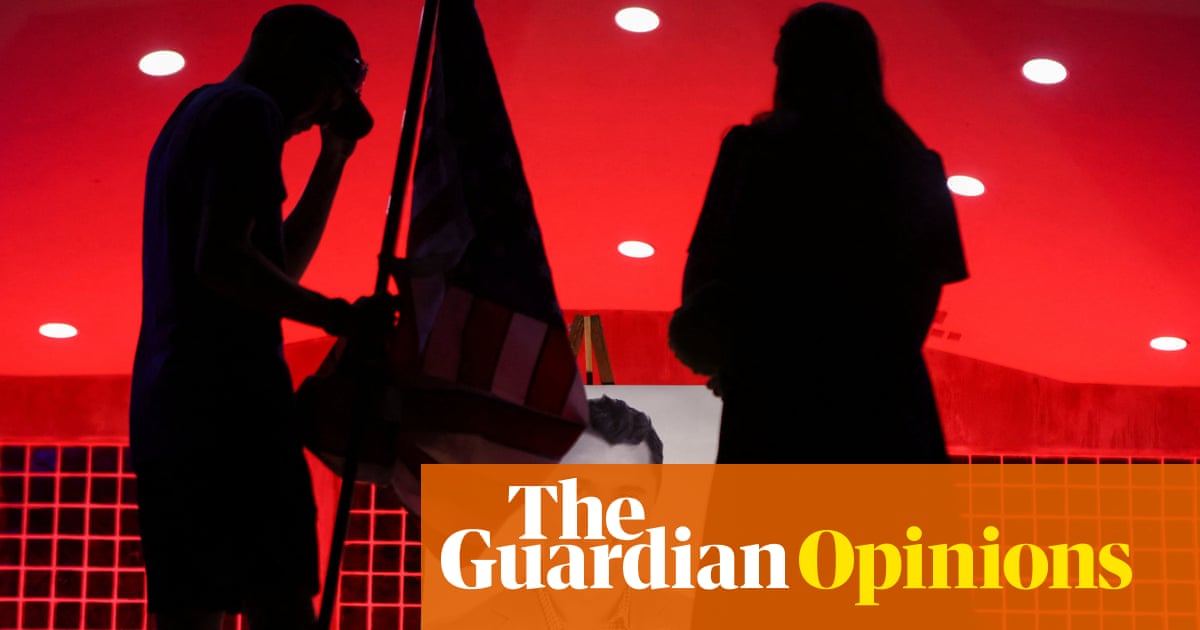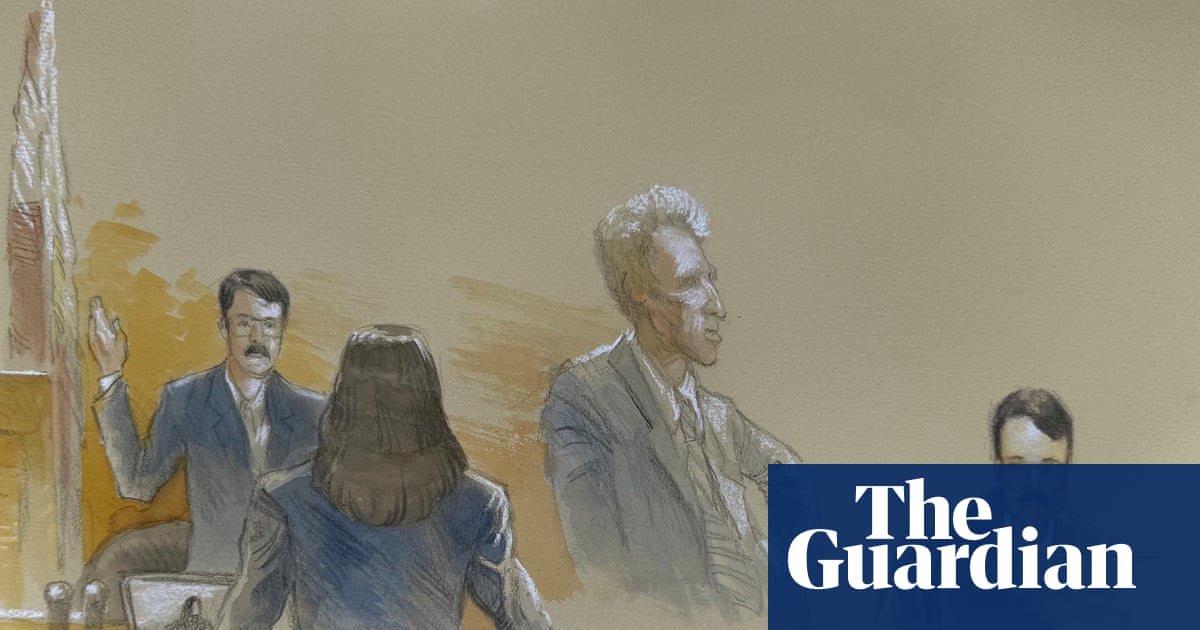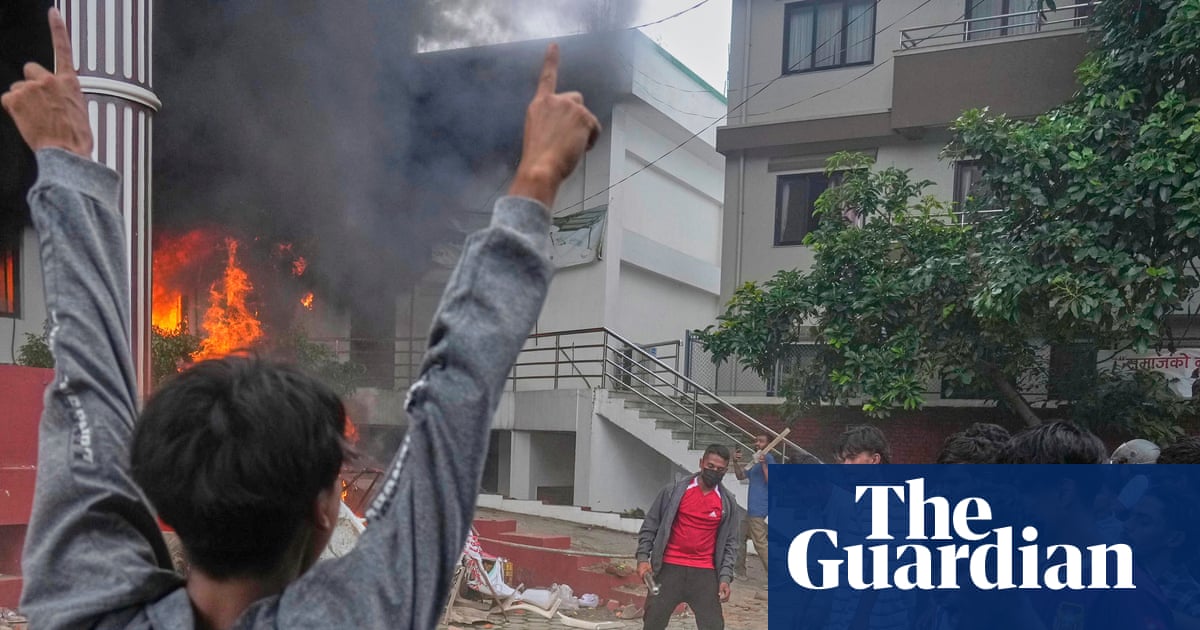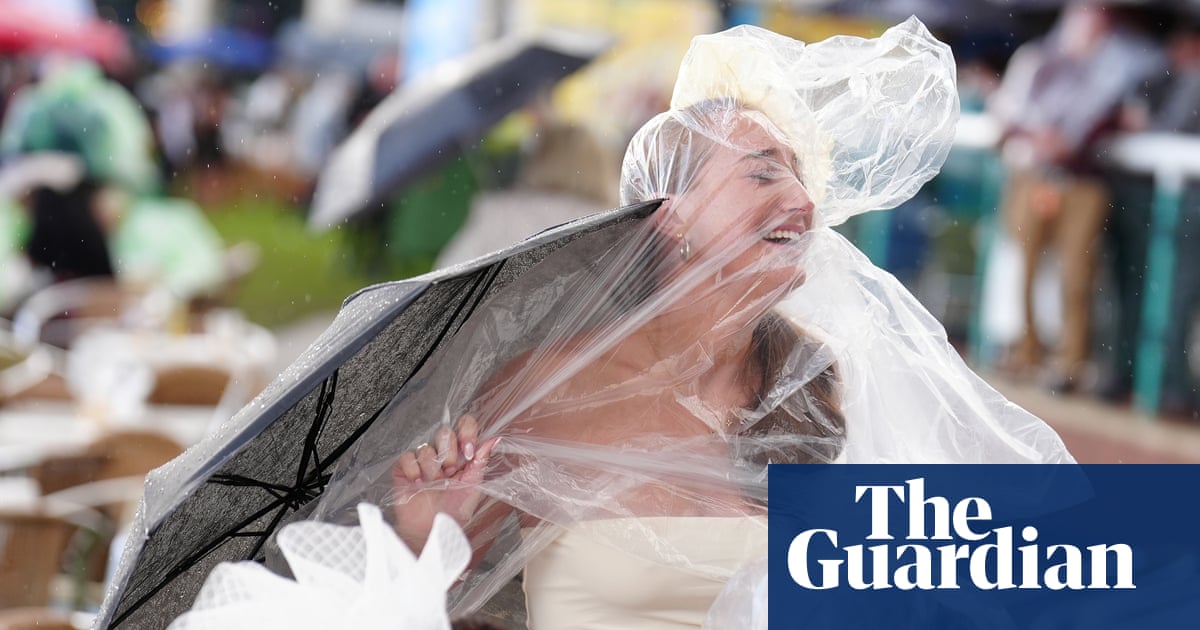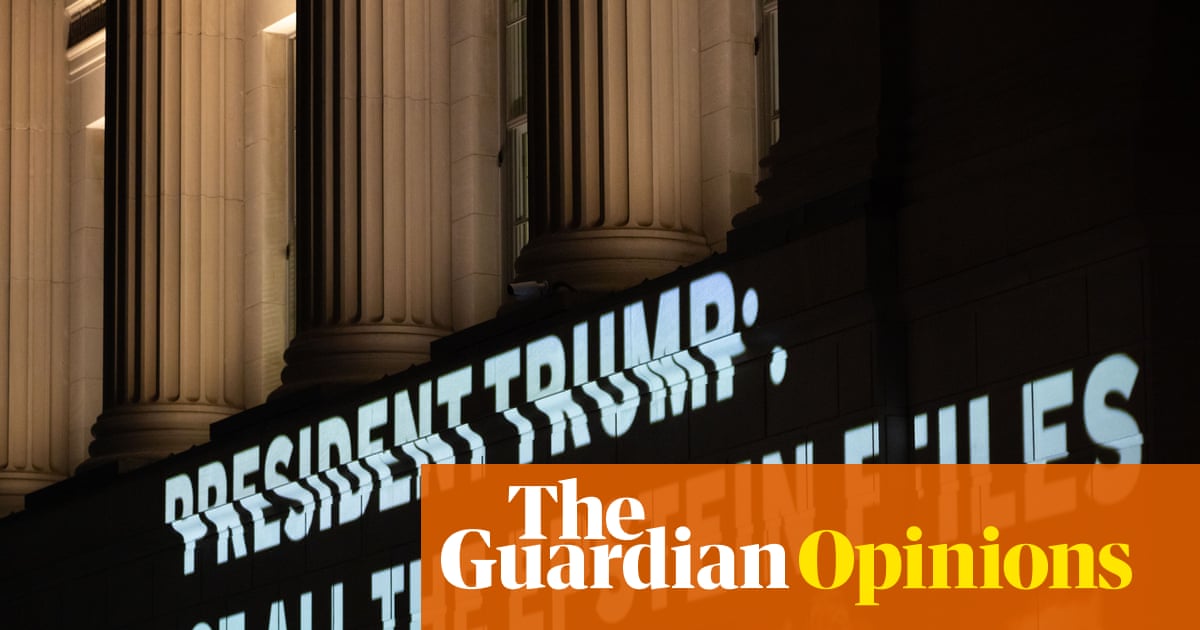The first moments in Russian captivity for Maksym Butkevych saw humiliations that would pale in comparison with what would soon follow.
Taken prisoner in the early months of the war in Ukraine in 2022, Butkevych and his fellow soldiers – who had been lured into a trap on the eastern frontline – at first were punched and robbed. “There were a few kicks and punches,” recalls Butkevych, who had been a human rights defender and journalist before Russia’s invasion compelled him to volunteer as a soldier.
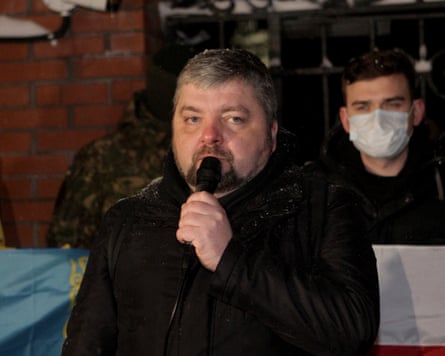
“They took watches and other stuff. When a soldier picked up my earphones and asked whose they were, he said: ‘Will you give them to me as a present?’ Even though I was kneeling with the barrel of a gun against my head, I told him no.”
However, the treatment would become much darker amid a pattern of harsh beatings, torture, the threat of execution and sexual violence aimed at a coerced “confession” for an imaginary crime.
Butkevych’s testimony adds granular detail to a body of evidence – including in reporting by the Viktoriia Project – of Russia’s mistreatment of captured Ukrainians, including show trials, field executions and torture.
What happened to Butkevych took place despite a high-profile international campaign to seek his proper treatment and safe release when it was clear he had been captured and was being smeared in the Russian media and threatened with a show trial.
Hands and legs tied, the next stage in Butkevych’s journey was to an unfinished building outside Luhansk where he and the other soldiers would be confronted by the cruelty that would become commonplace in their captivity.
“There was an officer who behaved in a far more nasty way, trying to provoke us. He wanted to show off he was smarter than the average soldier.
“He asked who was married and we’re kneeling in front of him. He asked where the soldiers’ wives were. One answered ‘in Poland’ and another said ‘in Germany’. He started to talk about what their wives were doing sexually in sick detail. I thought: ‘This officer has severe problems.’”
The following morning Butkevych and his fellow soldiers were shown to a visiting group of commanders and propagandists and were told they would be filmed to show that they had been captured and were being treated well.
“They seemed intrigued by me as the only officer,” Butkevych remembers. Warned by the Russian soldiers there would be “consequences” if they checked online and found he had lied about his background, he volunteered that he was a journalist and human rights activist.
A conversation followed in which the Russian soldiers insisted that the invasion should be characterised as a “war” and Butkevych countered he was only interested in the human cost of what Russia was doing.
“They were surprised I was holding my ground, although I wasn’t arguing.” More sinister is what came next: the first explicit threat that they could kill their prisoners.
“They said: ‘You probably think you are a PoW. You’re not until you’re registered. For now you’re missing on the battlefield. If you don’t behave, we can walk to the back yard to see where we executed prisoners who misbehaved’.”
The first serious beating occurred a few hours later.
“The propagandists left and a few hours later the Russian troops returned with a special forces soldier. They told me I should say that I wanted the special forces guy to hunt and kill my fellow soldiers in Ukraine. I said: ‘Nothing personal, but I can’t say that.’
“Then we were told that we were going to learn Ukrainian history.” As the “nasty” officer recited what appeared to be an address by Putin, the soldiers were told to repeat the words. “If they misspoke or made a slip, I was beaten with a wooden stick.
“I started to faint and my hand was swollen. I said ‘You’re going to break my shoulder,’ and the officer replied, ‘No, I know what I’m doing.’ At some point he paused reciting the word salad he was mumbling and I could see he was physically enjoying the process.
“Then others came and kicked and punched me and someone took out a phone and ordered us to say: ‘Glory to Russia,’ and we were asked again to speak about Russians hunting down our fellow troops. After that we were ordered onto a truck and then I finally fainted.”
Finally arriving at a prison in Luhansk, the soldiers were given old mattresses and towels and told they were in a pre-trial detention centre.
“There was a single tap in the cell to drink and wash, with pretty bad water. Although we were fed three times a day the food was appalling. Really small portions. Very soon we started feeling hunger overtaking us.”
It is a familiar experience for prisoners of Russia, and 8-10,000 Ukrainians are still believed to be held. Those returning in agreed swaps having noticeably lost weight.
In Luhansk, the interrogations began in earnest. “They interrogated each of us,” Butkevych said. “In the first few weeks the focus was on military information but we wouldn’t give them that. Then it became about trying to undermine morale.”
He said the prisoners were taken to what they believed to be the ministry of state security for the [Russian-backed breakaway] Luhansk People’s Republic, where some soldiers were tortured with electric shocks from wires running to the dynamo of a field telephone system.
“It’s called tapik. They used it on other soldiers but just threatened me, putting [the dynamo] in front of me,” he said. Over time, Butkevych said he became aware that those questioning him were more interested in his human rights background and a three-year period in the UK.
“Then – I remember because it was my birthday – I was interrogated by two guys. I’d met them before,” he said. “They were doing the good cop, bad cop thing.” He was pressured to give an interview to a “responsible international media organisation” [what organisation was not made clear] to talk about Ukraine “being a Nazi country” and questioned over Soros Foundation funding he had received for his NGO. Chillingly, the two also warned him they could convict him as a “war criminal”.
Butkevych said a more focused regime of torture and threats then started, beginning with periods of being placed in stress positions and beatings with a rubber baton. He was once again told he could be killed and threatened with oral and anal rape using an electric shock baton. His torturers offered him three choices: to sign a confession admitting to war crimes and be “very quickly exchanged”; taken to the scene of his alleged “crime” where he would be shot trying to escape; or put in a cell with inmates who would make his life a “living hell”.
He signed the confession. “I didn’t even know what I was confessing to for several days until I was taken to a psychiatric expert who asked if I understand what I was accused of,” he said, later learning he had confessed to targeting two civilian women in a village he had never visited. “Then I was sentenced to 13 years in a strict regime penal colony,” he said.
He described a Kafkaesque process filled with “absurdities” from the crude fiction of the charges to the “peculiarity” that all legal paperwork had to be signed, including by a lawyer who falsely attested he had been present during the interrogation. “I realised what happened in my case was that Russian troops had shelled a village heavily. When they finally took it over they found civilians injured by their own fire and put blame on Ukrainian PoWs.
“It’s a win-win for the Russians. They deflect responsibility and have Ukrainian ‘war criminals’ to parade.”
At the penal colony in occupied Luhansk, he was forced to work or be beaten while a sham legal process ground on in the background. “I was taken to Luhansk for the court of appeal and the court of cassation,” Butkevych said. “That’s when I discovered I apparently had a lawyer in Moscow. A real human rights lawyer! I said I was forced to confess under torture. The lawyer said he had evidence on the day of the alleged crime that I was in Kyiv. The court didn’t care.”
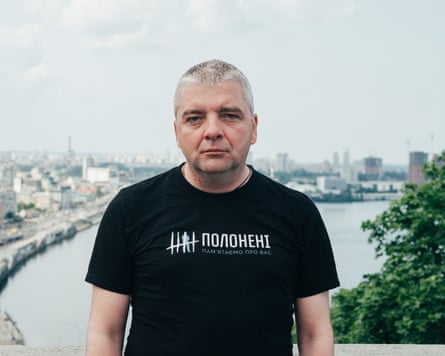
On 17 October last year – after more than two years in captivity – he was told at the morning roll call to collect his things. He did not know where has going and dared not to hope he would be released. Taken to a nearby airfield where other PoWs had been gathered, they were exchanged for Russian prisoners held by Ukraine.
“I don’t think I appreciate before my captivity just how much the Russian penal system reflects the values and methods of the Russian world,” he said of his ordeal. “It’s not an exception. It reflects the fundamental view of humans as disposable material. If you ‘behave’, you might be treated OK, but you must obey. There is no agency. Even the guards said the same about their civilian lives.
“That’s a pretty good idea of what Russia wants to bring to Ukraine.”

 3 months ago
45
3 months ago
45
